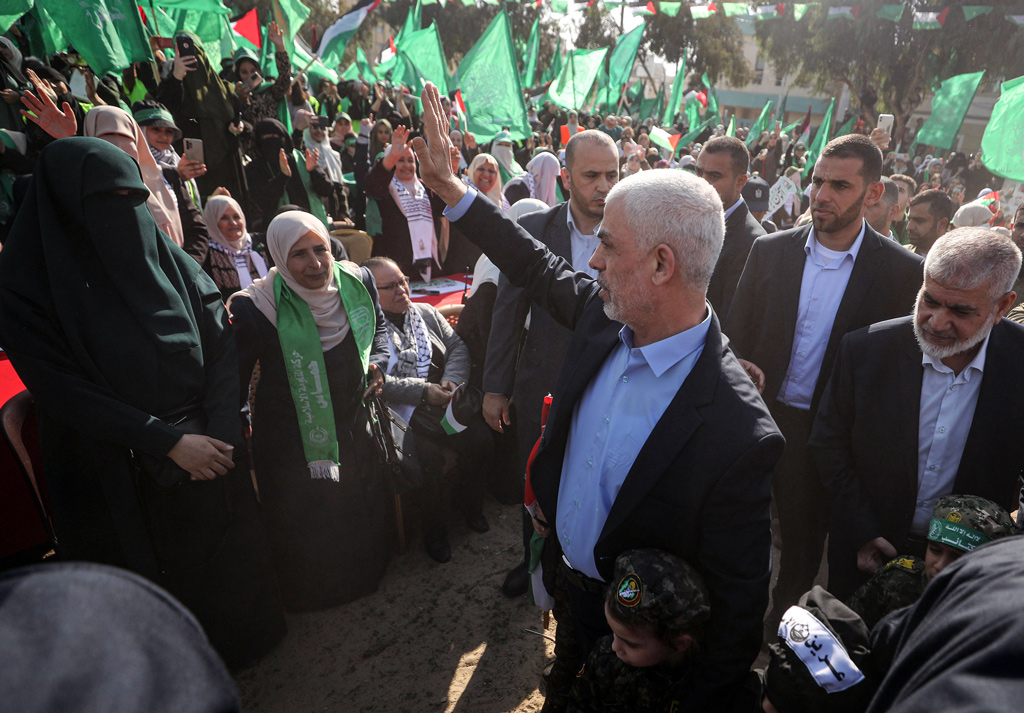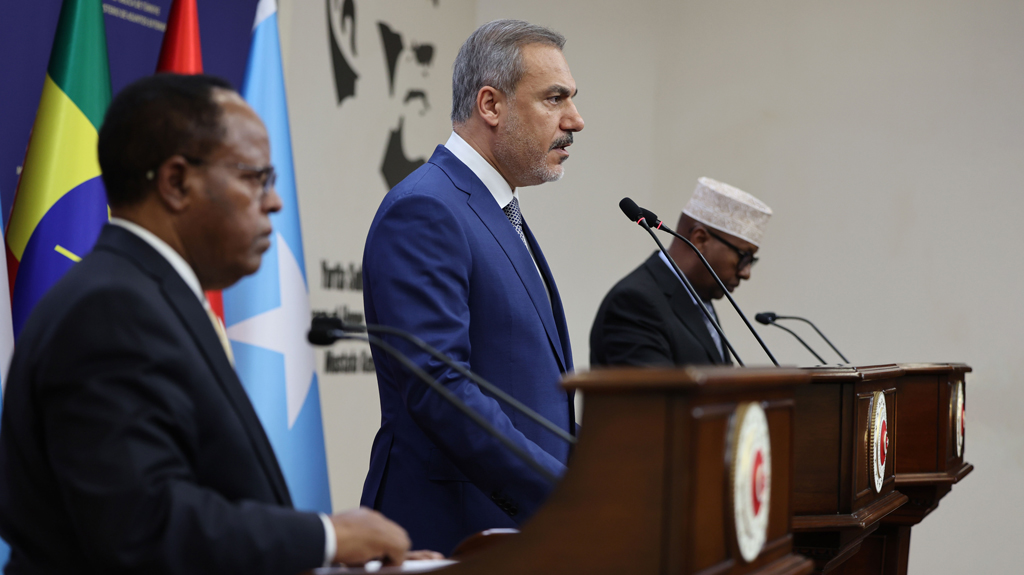As was obvious almost to everyone keeping an eye on Turkish politics, the 2014 local elections were billed as a referendum for the legitimacy of the ruling Justice and Development Party. Among purported reasons are the antigovernment protests in the summer of 2013, the corruption allegations against the AK Party in the last month of 2013, and numerous leaked private phone calls and conversations among figures close to the AK Party. The wiretapped talks also targeted AK Party’s efforts and policy for a solution of decades-long Kurdish question in Turkey. This campaign aimed at derailing the process on two sides. On the Kurdish side, for example, a leaked conversation aimed to increase suspicion among Kurds that the Turkish state had been involved in the killing of three Kurdish activists in Paris at the beginning of 2013. On the Turkish side, more importantly, the leaked recordings of the conversations of Abdullah Öcalan, the PKK’s prisoned leader, with other prisoners aimed to imply that the AK Party government had reached an agreement with Öcalan on certain issues such as regional autonomy. Surely, the leaked recordings targeted the legitimacy of the resolution process between the government and Öcalan beginning from the late 2012. The 2014 local elections, therefore, was going to test whether the alleged involvement of the government in the Paris incident and Öcalan’s indiscretion were bought respectively by Kurdish and Turkish voters.
This paper will mainly seek to answer these questions: Is the approval of the regional autonomy really the case when the 2014 elections are considered? What do the 2014 elections tell us about the future of the peace process? While doing this, we will present a comparative analysis of the votes in Kurdish-majority provinces cast for the AK Party and Kurdish parties since the 2002 elections. We will limit the analysis to metropolitan cities and provinces which are populated by a Kurdish majority. At the end of the paper, we will also elaborate on the importance of the new Islamist Kurdish party, Hüda-Par, for the Kurdish question politics. Before going into detail, it is important to note that the local elections took place under a relatively peaceful climate, in the context of Kurdish problem, thanks to the resolution process.









